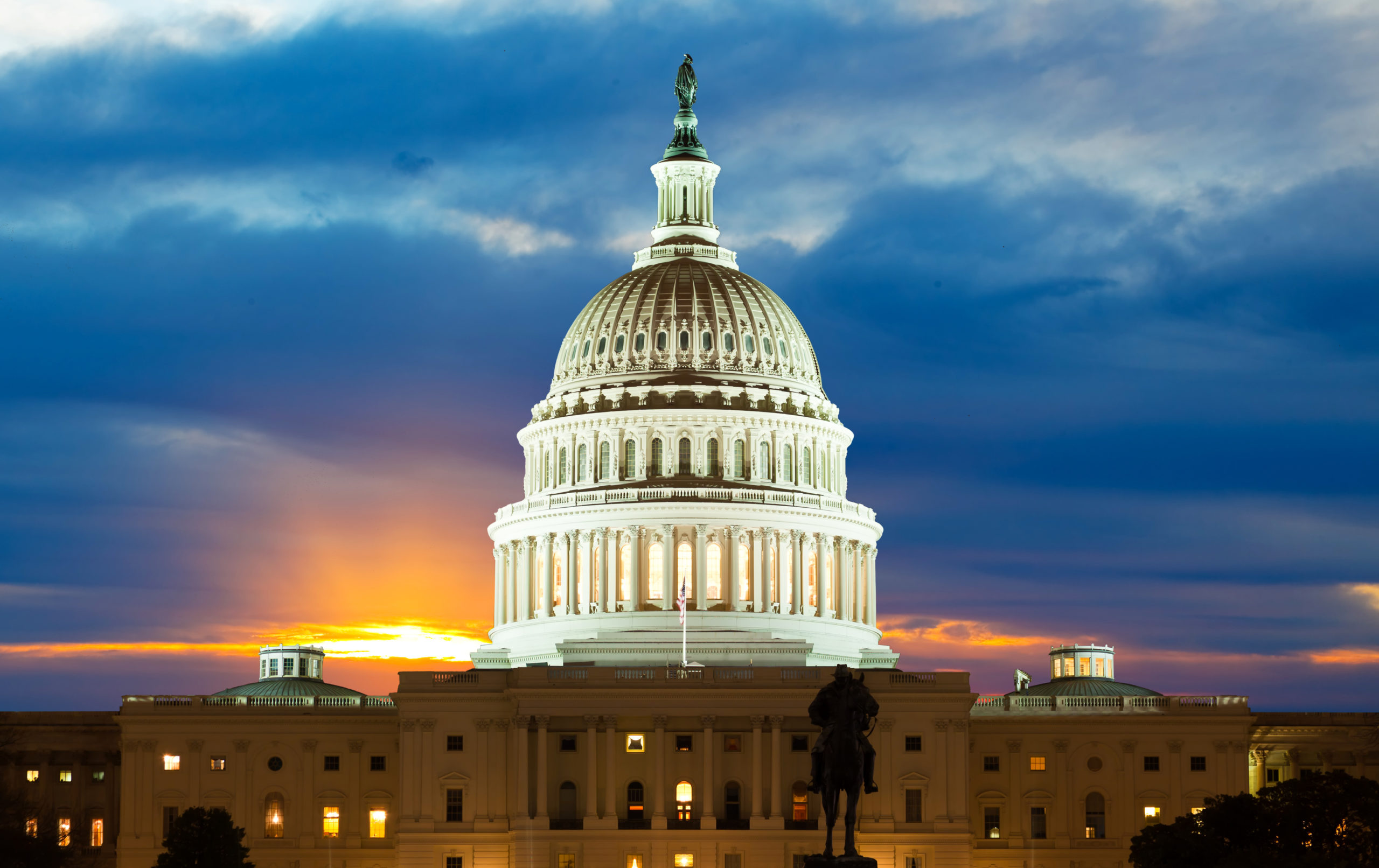The public should be prepared for the fact that they likely won’t know the winner of the presidency on election night as absentee counting may take several days to complete.
The freedom to vote is a foundation of our democracy. Preserving it depends on Americans being able to vote, knowing their vote will be counted and having confidence in the results. Free and fair elections are under attack by enemies both visible and invisible, and confronting them is necessary to avoid chaos.
For five weeks in 2000, a partisan war over what votes should be counted in Florida tore our country in two. This year, we risk reliving that nightmare or worse, due to two distinct threats, each of which could prevent people from exercising their right to vote.
The first is the threat posed by COVID-19, which has already killed more than 183,000 Americans. The second is the threat of physical or electronic disruption of the vote by domestic or foreign actors.
During the primary season, we saw what such disruptions can do to our elections and political processes. As a result of COVID-19, normal polling stations in multiple jurisdictions simply did not open. People had to travel to the few that were open and brace themselves for hours of waiting in line, risking their lives to exercise their right to vote.
Election administration challenges brought on by the pandemic and compounded by civil unrest have demonstrated that our systems need to provide voters flexibility to confront challenges both anticipated — and unanticipated. That’s why we are advocating for no excuse absentee ballots.
With our general election now only two months away, American leaders must act decisively to reduce the risk that such threats could interfere with a free and fair result. As states control the processes for voting, as well as the counting and the certification of the winners, Congress should help state leaders make it possible for everyone to vote, to have those votes counted accurately, to have the results determined and announced as quickly as possible, and to provide state election officials with financial resources to make that happen.
Absentee voting will surge
With the record level of absentee voting expected this year, many states will find that huge numbers of ballots — even the majority — will be paper absentee ones, and the counting of those does not begin in most states until election night, so an accurate count will take time and resources.
The public should be prepared for the fact that they likely won’t know the winner of the presidency on election night as absentee counting may take several days to complete.
Here are specific ideas: First, Congress should urgently invite further bipartisan testimony from governors, secretaries of state and state legislative leaders to discuss what further steps they can take to protect the right to vote.
Second, the National Governor’s Association and the National Association of Secretaries of State could draw upon public health and election experts and their bipartisan experience to propose — with urgency — further steps to address the unique challenges of this election year.
Third, the governors and secretaries of state could work at warp speed to update their local election processes to address both the domestic risks and any threat of foreign intervention.
Some of these updates are the subject of litigation across the country, but voluntary agreements would be quicker and better on matters like providing voters more days and hours to vote early and broadening their ability to vote-by-mail.
Protect voters, poll workers
They should also make physical changes to how people vote by providing drive-through voting or secure ballot drop-off locations, or increasing boundaries between voters, poll workers and poll monitors through social distancing.
And they need to figure out how to hire enough poll workers for Election Day and speed the counting of the votes, while protecting the integrity of the results.
The Centers for Disease Control and Prevention and the National Association of Secretaries of State already have recommended some of these options to reduce the risk of COVID-19.
States have always had the right to set their election procedures, but bipartisan measures designed to inoculate our political system against the prospect of electoral chaos benefit everyone. They protect the right to vote, and strengthen public confidence in the voting process — an essential part of keeping us one nation, indivisible.
Dick Gephardt is a former Democratic House Majority Leader; Trevor Potter is a former chairman of the Federal Election Commission; Tim Wirth is a former Democratic senator from Colorado.


